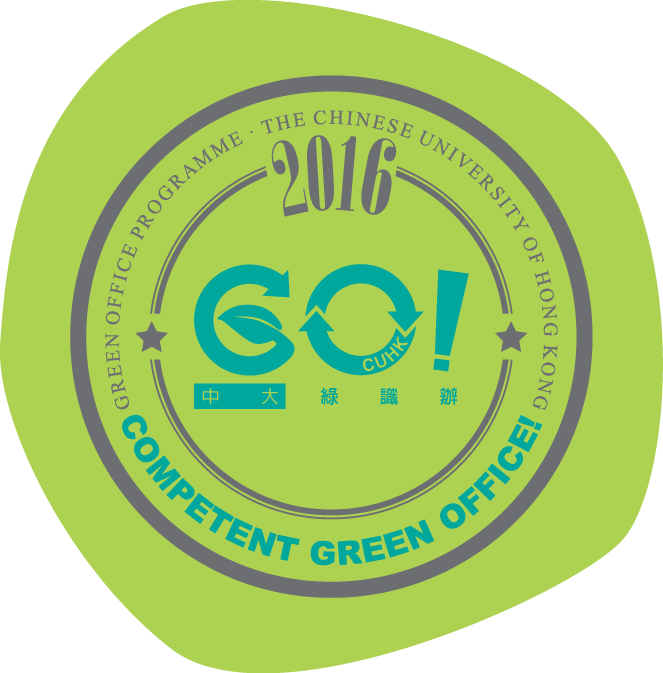Q: What are the programme requirements and selection principles?
A: The programme requirements and selection principles information is now available online.
Q: Where can I find the JUPAS admission scores and HKDSE subject weightings?
A: 2020 admission grades and 2021 subject weighting information is now available online.
Q: Are there any interviews for JUPAS applicants?
A: Some programmes arrange for interviews before or after the release of HKDSE results. The remaining programmes do not have interviews. Details will be available online soon.
Q: How is it different from Sociology and who are recommended to apply for Social Science (Broad-based)?
A: Social Science (broad-based) allows students entering the Faculty without committing to a particular major. Students can explore their real interest in Social Science disciplines in the first year of study before declaring one of the eight majors (including Sociology). Students who are not sure about their own interests, academic strengths and have not yet decided their career path, may choose the Broad-based programme which students will receive extensive counselling and academic advice from teachers and senior students. There is no competition nor quota restriction for major declaration.
Q: Do I need to submit a portfolio or attempt any admission test? Can I become a registered Architect in HK upon graduation?
A: JUPAS applicants are encouraged and non-JUPAS applicants are required to submit a design portfolio to the Application Materials Collection Platform by the prescribed deadlines. JUPAS applicants who place JS4812 as their band A choice and all non-JUPAS applicants would be invited to conduct admission tests. Bachelor of Social Science (Architectural Studies) degree can be followed by the professionally accredited Master of Architecture Programme that prepares students for a career as an architect in Hong Kong and beyond. For more details, please visit the website of Architectural Studies.
Q: Why is Economics housed within Social Science?
A: Similar to other prestigious universities, CUHK houses Economics within social science rather than business to provide a broader array of applications. In addition to business, Economics can be applied in numerous contexts. With broad mindsets, our students are welcomed by financial institutions and accounting firms. Some of our students are offered the opportunities to work full-time at companies like HSBC, Citibank, Ernst & Young and KPMG during their undergraduate studies.
Q: Besides physical geography, what can I learn and what are some special features?
A: Geography and Resource Management maintains a good balance between the physical and human dimensions of geography with 4 areas of specialization for students to choose from:
- Physical environment and resource management
- Geo-spatial data science (including remote sensing)
- Urban and regional development
- Smart sustainable cities
Interactive learning such as laboratory and fieldwork are adopted. Students are required to conduct field trips both locally and outside Hong Kong (e.g. North America, Europe, Africa, Australia and South-East Asia). More information can be found in the introduction video and programme handbook.
Q: What are some job or further studies opportunities for graduates?
A: Urban Studies has obtained the Spatial Planning accreditation by the Royal Town Planning Institute (RTPI) and students may choose between 4 areas of concentrations:
- Urban planning and design
- Urban environment
- Urban policy and governance
- Smart sustainability cities
Graduates are eligible to apply for Royal Institution of Chartered Surveyors (RICS) membership and have a wide spectrum of career and further studies choices.
Q: What can some programme highlights and do most graduates become politicians?
A: Government and Public Administration is committed to foster critical thinking among students. There are three specialisms including politics, public administration and international relations. It partners with University of Warwick in UK, University of Westminster in UK and Waseda University in Japan in offering overseas study opportunities. The student-led STAR project offers internship, mentorship and exploration opportunities to students. Graduates usually join different sectors such as government, public sector and business. More details can be found in the department brochure.
Q: What can I study in Journalism and Communication?
A: Journalism and Communication offers 3 professional tracks:
- Journalism
- Advertising and Public Relations
- Creative and New Media
Students can also opt for the “Double-Degree Option in Journalism and Communication and Integrated BBA” and “Double-Major Option in Journalism and Communication and Sociology”.
Q: Do I have the chance to study overseas?
A: Global Communication is built on collaboration with the School of Media, Film and Music at University of Sussex in the UK. The programme equips students with professional knowledge, unique international learning exposure and global mindset by exchange studies in UK for one year. More details can be found on the website of Global Communication.
Q: Does CUHK Psychology focus on theory teaching or practical studies? Can graduates become psychologists upon graduation?
A: Psychology places equally balance between theory and application. More than a quarter of our graduates go on further studies to become professional psychologists. The Department of Psychology offers postgraduate programmes in Psychology, Clinical Psychology and Industrial-Organizational Psychology for students with various interests.
Q: Can I become a registered social worker upon graduation?
A: Social Work graduates are qualified to be Registered Social Workers in Hong Kong. They can take up professional posts at the Social Welfare Department, the Hospital Authority or in non-governmental organisations. More details can be found on the programme website.
Q: What is Sociology all about and what are the prospects for graduates?
A: Sociology is the scientific study of society and it helps students understand social phenomena from different perspectives. Key topics include but not limited to family, gender & sexuality, migration, health & population, crime & deviance, and stratification and education. Graduates are equipped with transferable skills to analyse complex issues that are crucial for nowadays workplace. Students can also choose to pursue BSSc (Sociology) – Juris Doctor double degree, Sociology – Journalism and Communication double major or postgraduate studies.
Q: Is there any foreign language admission requirement? Will I have a chance to study overseas even if I have financial needs?
A: Global Studies has no admission requirement for foreign language. After admission, resident study overseas, foreign language and internship are required courses for Global Studies students. Students who choose the CUHK-Waseda University Dual Degree option can earn two bachelor’s degrees by spending the first two years at CUHK and last two years in Japan. During the exchange, students only need to pay the tuition fee of CUHK and those with financial needs may apply for scholarships and financial aid offered by colleges and the University.
Q: Why and How is Data Science related to Policy Studies?
A: Data Science is the extraction and study of data in a scientific way to generate knowledge and insights from data. Empowering policy studies with data science will be the next frontier for policymaking (video). To equip students with essential skills and knowledge to develop their careers in the 21st Century, students will learn programming and coding languages such as R and Python, data mining and statistics skills to analyze social problems in order to formulate evidence-based policies and conduct policy evaluation. To train students to be data scientists, policymakers, consultants and communicators in public and private sectors, students are offered internships and overseas exchange opportunities to practice what they learnt in the real world. More information can be found on the programme website.











